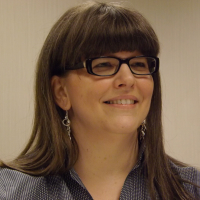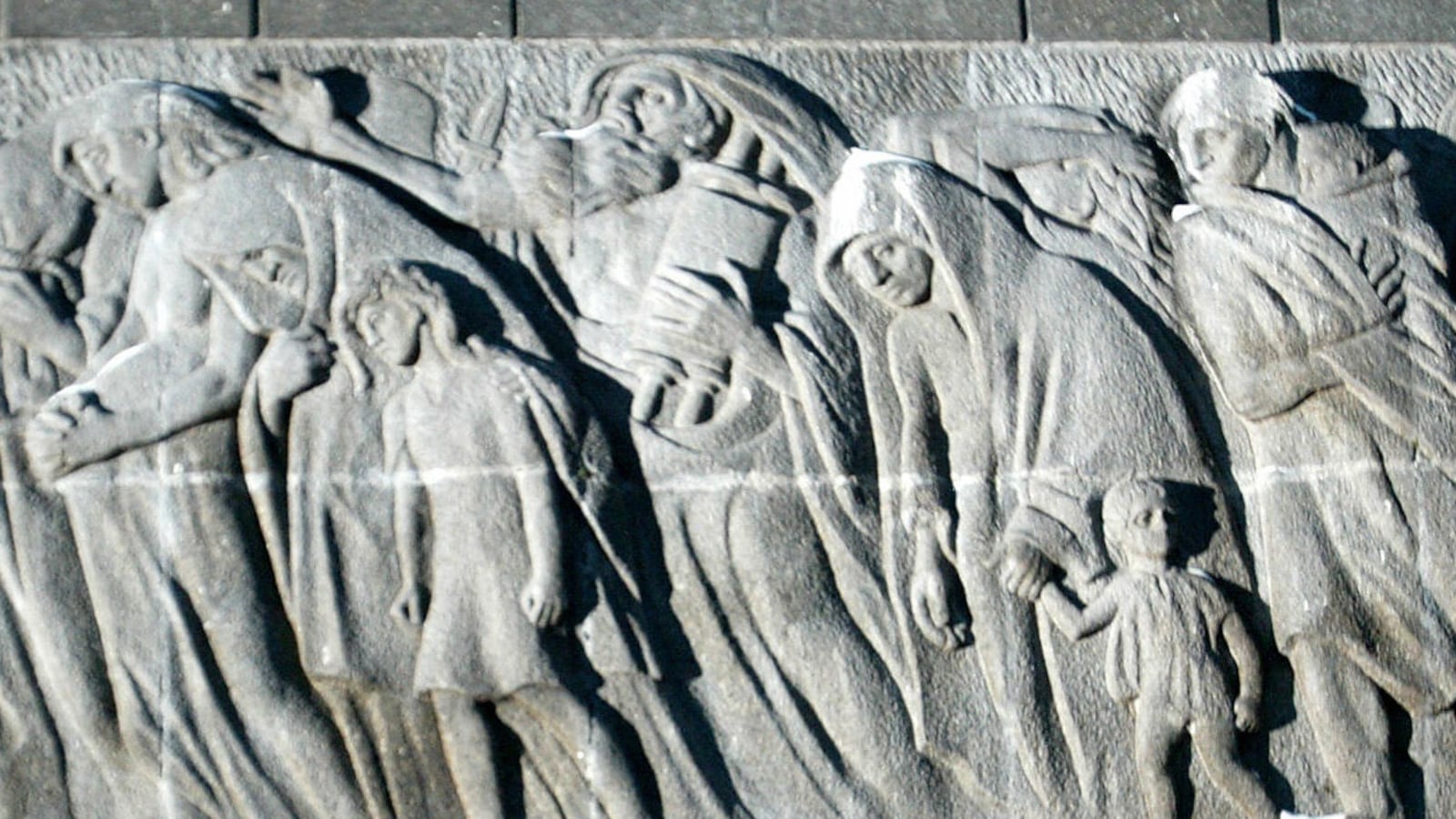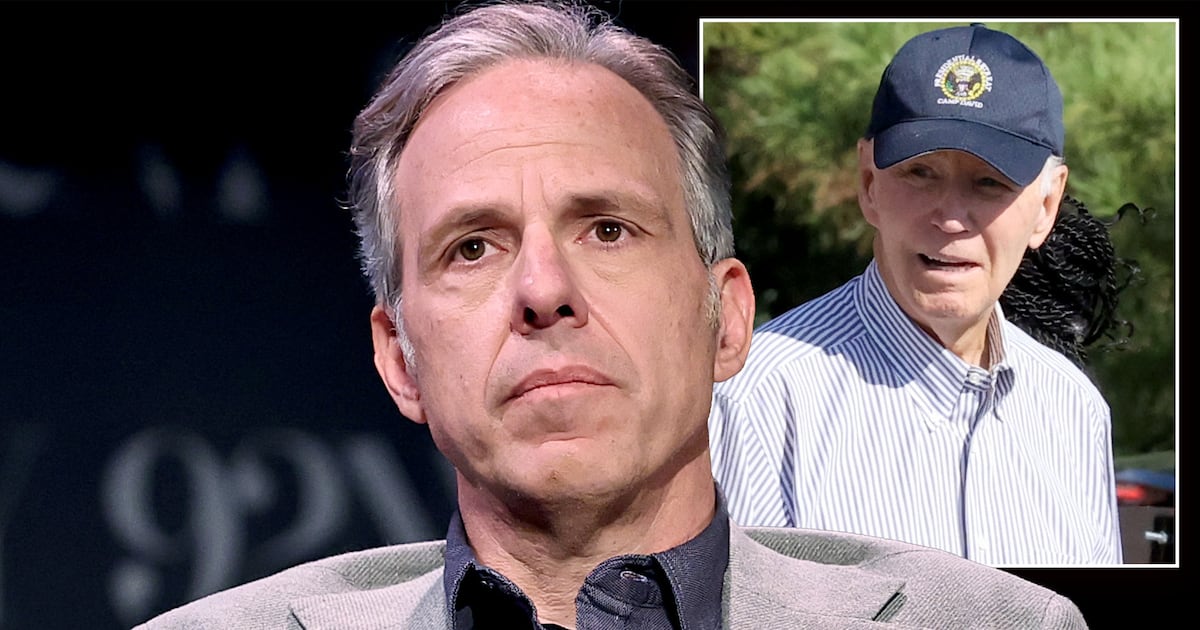On the Eve of Holocaust Remembrance Day, Israel’s Prime Minister chose—as so many have done before him—to compare a current geopolitical circumstance to the dark days of Nazi Germany.
"People who make light of the Iranian threat have learned nothing from the Holocaust,” Prime Minister Netanyahu said on Wednesday, adding that during a recent trip around the country, “for a moment I replaced Tel Aviv with Vilna, Haifa with Białystock, Degania, Nahalal, Be'er Sheva with Plonsk, Riga, and Odessa.”

There’s nothing new here, of course. Nasser, Arafat, Ahmadinejad—they’re all Hitler. Palestinian nationalism is Nazism. The 1967 borders are Auschwitz Borders. On and on Israel’s leaders go, misusing and abusing the memories of the six million, even as they claim to be fighting in their memory.
The words “false equivalency” come up a lot in discussions of the Israeli-Palestinian conflict, but arguably the worst case of it is perpetrated by successive Israeli governments when they compare the Jews in the Jewish State to the Jews in mid-century Europe.
Can there be any equivalency more false than that drawn between a starved, terrorized population without access to hope or help—and the Middle East’s most successful country, its borders guarded by the Middle East’s most powerful army, its people fed, clothed and housed in the Middle East’s most successful economy? In what way, exactly, is a nation bristling with armaments like people gunned down by the Einsatzgruppen? How, precisely, are Israel’s internationally recognized borders even remotely like the gates reading “Arbeit Macht Frei”?
These are ahistorical and frankly grotesque comparisons, and the damage they cause cuts deep, in many directions.
In turning the Holocaust into the centerpiece of the Israeli narrative, Israel’s leaders feed the misapprehension that Jewish nationalism is a direct result of the Shoah, the establishment of Israel a gift from an international community wracked by guilt.
Yet this reading of history erases the evolution of Zionism—which was, in point of fact, concurrent with the rise of nationalism around the globe—and frankly denies the Jewish people agency. Does the 1909 establishment of the city of Tel Aviv count for nothing? How about the 1918 establishment of Hebrew University? Or, indeed, centuries of praying three times a day to return home? When we make the Holocaust the starting point of Jewish nationalism, we play into the hands of those who would deny Jews the right to build a home in their own homeland.
Furthermore, when leaders on the international stage consistently make patently ridiculous claims, it’s all too easy to turn a deaf ear. Israel has real, verifiable security concerns. Even presuming a sudden break-through on peace talks, it’s entirely reasonable and only responsible for Israel to maintain a strong defensive stance and negotiate iron-clad security arrangements. Decades of war and their consequence don’t just drop away.
But when Israel, a nuclear power, compares itself to Vilna and Białystock, and equates a state that doesn’t yet have a nuclear bomb to the Wehrmacht, it’s very easy for those who would deny Israel’s every claim to continue to do so. Moreover, such hyperbole bolster’s Ahmedinijad’s position with Iran—an outcome that is surely not in Israel’s best interests.
But for me, the worst damage is in the sheer contempt these facile comparisons demonstrate toward the six million themselves.
The children who watched their parents shot, the parents who watched their children starve, the wives and lovers and grandfathers and students and all the humans, the endless parade of human beings who lost and lost and lost and were then lost—they deserve more. They deserve better.
The Holocaust is and remains a story of slaughter, wave upon wave of Jews killed for their noses and their language and their God. Ground up in a malevolent machine engineered precisely for their destruction, killed and killed and killed, their blood nourishing the European earth even today, their ashes caught and held in the corners of buildings and roots of trees, even today.
Whatever our politics, whatever our thoughts on Israel’s position in the Middle East, the Shoah’s victims deserve, at the very least, genuine respect, and deep humility.
The Jewish people—each and every one of us—is a living testament to something much bigger than political wrangling and ideological disagreement. We are and will be testament to the fact that though Hitler tried—he failed. We are Jews, and we are alive. We will carry the blood and the names of the six million forward.
Offensive, dishonest Holocaust rhetoric will not help us achieve that end, nor will it keep Israel safe. It will only serve those who question Israel’s right to exist, and disgrace the memory of those we claim to honor.






